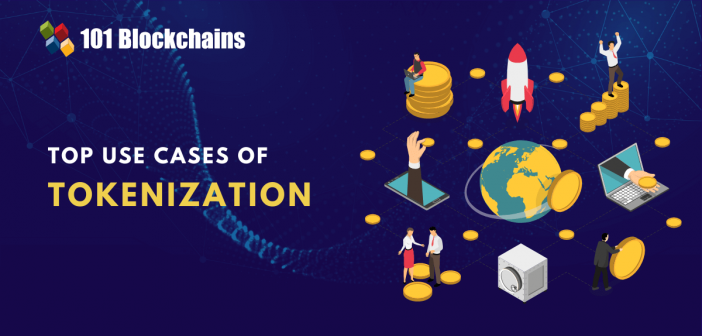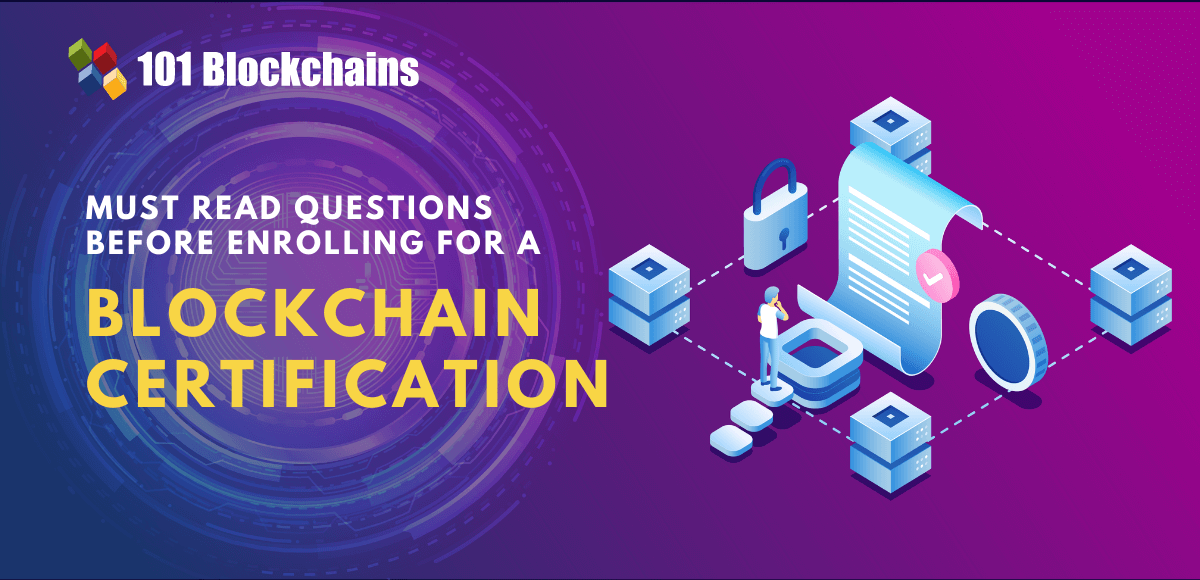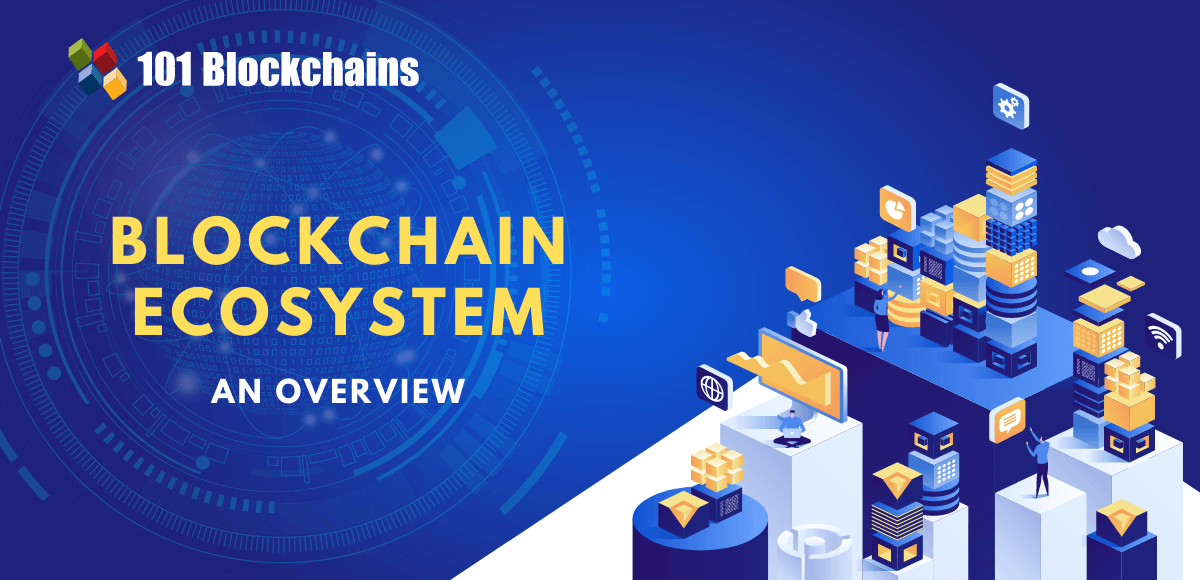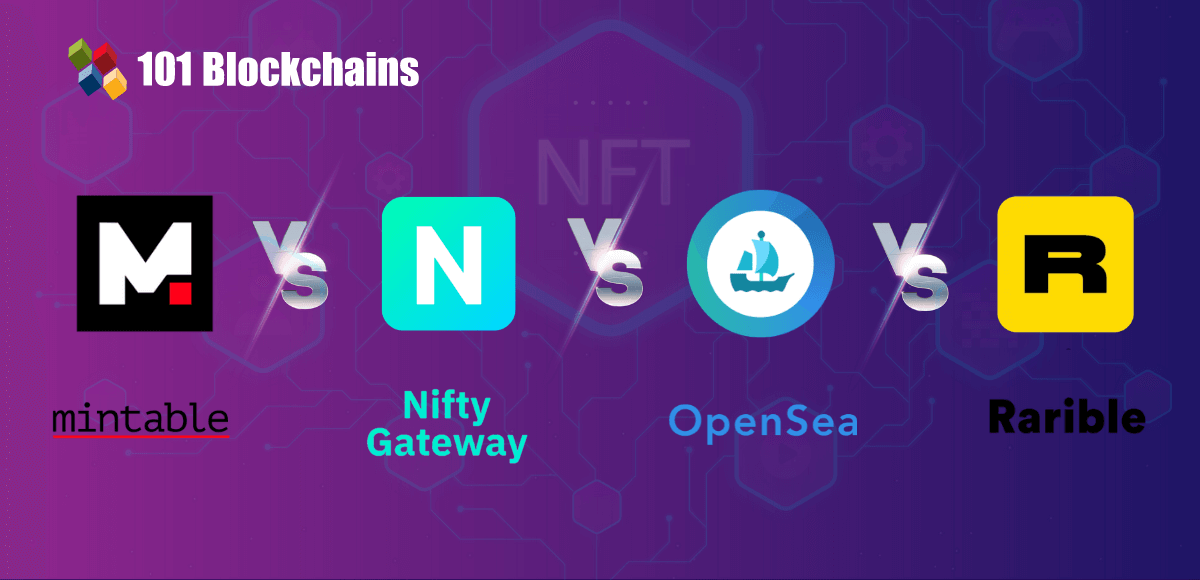Learn how blockchain truly works, master key definitions, and uncover what makes smart contracts so "smart." Dive into the fundamentals, gain valuable insights, and start your blockchain journey today!

- Analyst Corner
Gwyneth Iredale
- on August 19, 2021
Top 4 Use Cases of Tokenization
Enterprises are exploring the possibilities of blockchain technology and ways to leverage it for their benefit. According to a recent worldwide blockchain survey by Deloitte, almost 95% of enterprises in the survey indicated possibilities for investment in blockchain technology in the coming year. On the other hand, the applications of blockchain by enterprises are largely restricted to the scope of recordkeeping for transactions.
In addition, the concerns of scalability or privacy for enterprises also keep them away from public blockchain networks. However, enterprises have to realize the promising potential associated with blockchain, such as in examples of tokenization use cases. Let us find out more about tokenization and how it finds practical applications across different use cases.
Want to learn the fundamentals of tokenization? Enroll Now: Tokenization Fundamentals Course
What is Tokenization?
Before we move towards an outline of blockchain tokenization use cases, it is important to reflect on a brief understanding of tokenization. Many people are quick to relate blockchain to cryptocurrencies without realizing its hidden potential. Token, in the case of blockchain, actually offers digital representation for a unit of value.
You can assign a token to anything of value, such as digital assets or digital representations of real-world assets. Tokenization can help you transform any real-world asset into a digital asset, thereby enabling easier exchange and transfer of assets. Therefore, tokenization basically implies transferring real-world assets to blockchain or transforming the items of value into tokens that reflect the values.
Why Should You Focus on Tokenization Use Cases?
Now, you would be eager to find out the possible factors which drive focus towards use cases of tokenization. Here are some of the important benefits of tokenization that validate its feasibility for a diverse range of use cases.
- Tokenization could enable a formidable reduction in barriers to investment, thereby encouraging retail investors to trade assets that were traditionally expensive and featured lower liquidity.
- Tokenization could foster asset liquidity by reducing the threshold for market entry alongside the minimum amount of capital for transactions.
- Another prolific value advantage in a tokenization example would be the facility of simpler interaction with regulators for adoption of uniform standards.
However, tokenization of different types of assets comes across as one of the formidable obstacles in the form of regulatory uncertainty. Without adequate preparation of legal frameworks in many jurisdictions for transactions using blockchain, regulatory uncertainty becomes a mandatory setback in tokenization.
Furthermore, the lack of common technical standards for trading platforms dealing with tokenized assets also presents challenges. How will tokenization overcome these challenges? The answer to this question can be discovered through reflection on the existing state of tokenization for different types of assets.
Build your identity as a certified blockchain expert with 101 Blockchains’ Blockchain Certifications designed to provide enhanced career prospects.
Use Cases of Tokenization
Tokenization basically implies the transformation of real-world assets into digital tokens on blockchain-based systems. The adoption of tokenization depends considerably on a detailed impression of its practical use cases. When you try to find answers to ‘what is an example of tokenization,’ you could come across many promising responses. Here are some of the top use cases related to tokenization which you can find helpful for understanding tokenization clearly.
1. Tokenization of Precious Metals
For many centuries, gold has retained its reputation as a valuable asset and investment vehicle. However, you would have to encounter various complications in moving and storing gold. Furthermore, a major share of the global supply of gold comes under ownership of national banks as reserve assets or brokers serving as representatives of the sole parties which can sell gold directly to average investors.
The use cases of tokenization for precious metals such as gold are rightly valid on the grounds of the comparatively illiquid nature of the market for precious metals. In the case of illiquid markets, larger corporate firms could look for settling bilateral agreements while encouraging information asymmetries along with restrictions on price discovery.
One of the highest barriers for entry in the precious metals market directly points out high minimum investment requisites. In addition, the tightening of international regulations also calls for effective traceability of metals from the production stages to customers across the complete supply chain.
Tokenization provides the benefit of fractionalization, which can reduce entry barriers alongside empowering smaller players to access new markets. Subsequently, the tokenization use cases for precious metals with increased market participation could lead to improved market liquidity.
On the other hand, the larger number of market participants would imply the need for evolution to multilateral trades. With tokenization, support for atomic swaps and smart contracts could ensure secure and almost real-time settlement of complicated multi-party trades.
The notable examples of projects which ensure tokenization of precious metals include Cache. Gold (CGT), Pax Gold, and DGLD. These projects have shown the possibility of increasing fairness in gold markets by introducing instant liquidity and negligible fees.
2. Tokenization for Real Estate Assets
Another prominent entry among blockchain tokenization use cases directly refers to tokenization of real estate assets. The applications of tokenization in real estate focus on creating fractional ownership for a specific asset by leveraging blockchain-based tokens. Tokenization in real estate could involve the digitization of financial instruments, securities, and digital assets.
With the help of Ethereum blockchain, it is possible to program digital assets for including transaction history and ownership rights. In addition, the tokens also include rules for ensuring compliance of the asset issuing, distribution, and transfer processes to regulations. For example, tokenization in real estate can focus on including controls for ensuring the transfer of tokens to specific counterparties only.
The tokenization example in real estate would refer to Elevated Returns. The New York-based asset management firm successfully completed its first real estate deal based on tokenization in 2018. The company had placed the deal for the St. Regis Resort in Aspen, Colorado, with a total value of $18 million on Ethereum blockchain.
Interestingly, Elevated Returns had plans for selling almost half of St. Regis Resort in the form of a single asset. Subsequently, the company settled on offering an 18.9% share in ownership through tokens. Elevated Returns leveraged Indiegogo for sales in collaboration with Templum Markets LLP.
Start your blockchain journey Now with the Enterprise Blockchains Fundamentals
3. Tokenization in Logistics
The search for answers to ‘what is an example of tokenization in the real world’ will obviously take you to logistics. The logistics industry depends profoundly on the Bill of Lading as a method for issuing proof of ownership. However, the Bill of Lading presents notable discrepancies like delays in delivery or reclaiming of goods if you lose or misplace the Bill of Lading.
CargoX is one of the promising solutions which leverage tokenization for addressing the issues in traditional methods used in logistics. The company utilizes an open system based on the Ethereum blockchain known as the Smart Bill of Lading or B/L. The Smart B/L system has been tailored for working just like the token system.
With the new system by CargoX, the carrier could create the Smart B/L by using their app. Then, the carrier can send the Smart B/L to the exporter. After receiving money from the importer, the exporter can transfer the ownership of Smart B/L token to importers. Subsequently, the importer at the receiving end could claim ownership of the goods by showing Smart B/L token to the carrier. Therefore, it is clearly evident how the use cases of tokenization are transforming the field of logistics.
4. Non-fungible Tokens
Non-fungible tokens or NFTs are one of the popular examples of the application of tokenization on the basis of blockchain. NFTs are suitable for tokenization of assets that cannot be divided into smaller units or exchanged with a similar item. For example, it is difficult to divide ownership of a specific piece of artwork in the real world.
Any individual purchasing a piece of artwork would get complete ownership over the artwork. However, tokenization can transform such conventional precedents easily. The most prolific tokenization use cases in NFTs would point your attention towards NFT Art.
Digital art is one of the most promising use cases for non-fungible tokens in the present times. The tokenization of real artworks helps in promoting authenticity alongside easier transfer of ownership to artists or the highest bidder in an auction for purchasing the artwork. NFTs use the power of blockchain technology and cryptography to ensure better scope of digital proof regarding authenticity and scarcity of virtual artworks.
For example, CryptoPunks, an early addition among NFT projects which shows the feasibility of tokenization for virtual art. You can also find another plausible tokenization example in the Rarible marketplace. With the help of the Rarible marketplace, you could easily procure digital collectibles as NFT art.
Aspiring to Become a Certified NFT Expert? Enroll in Certified NFT Professional (CNFTP) Course Now!
Final Words
The distinct use cases of tokenization showcase the promising potential of tokenization to revolutionize business operations across various industries. While tokenization enables prolific value benefits for the average investor, enterprises could also leverage it for a complete transformation of their business models. The examples of tokenization use cases in precious metals, real estate, NFTs, and logistics show that tokenization is more than a concept now.
Most important of all, the examples showcase how tokenization could offer promising improvements in operational efficiency. Apart from the optimization of business processes, tokenization could also encourage development of new platforms with collaborators from different industries. Learn more about tokenization and how it can change the world right now!
*Disclaimer: The article should not be taken as, and is not intended to provide any investment advice. Claims made in this article do not constitute investment advice and should not be taken as such. 101 Blockchains shall not be responsible for any loss sustained by any person who relies on this article. Do your own research!





